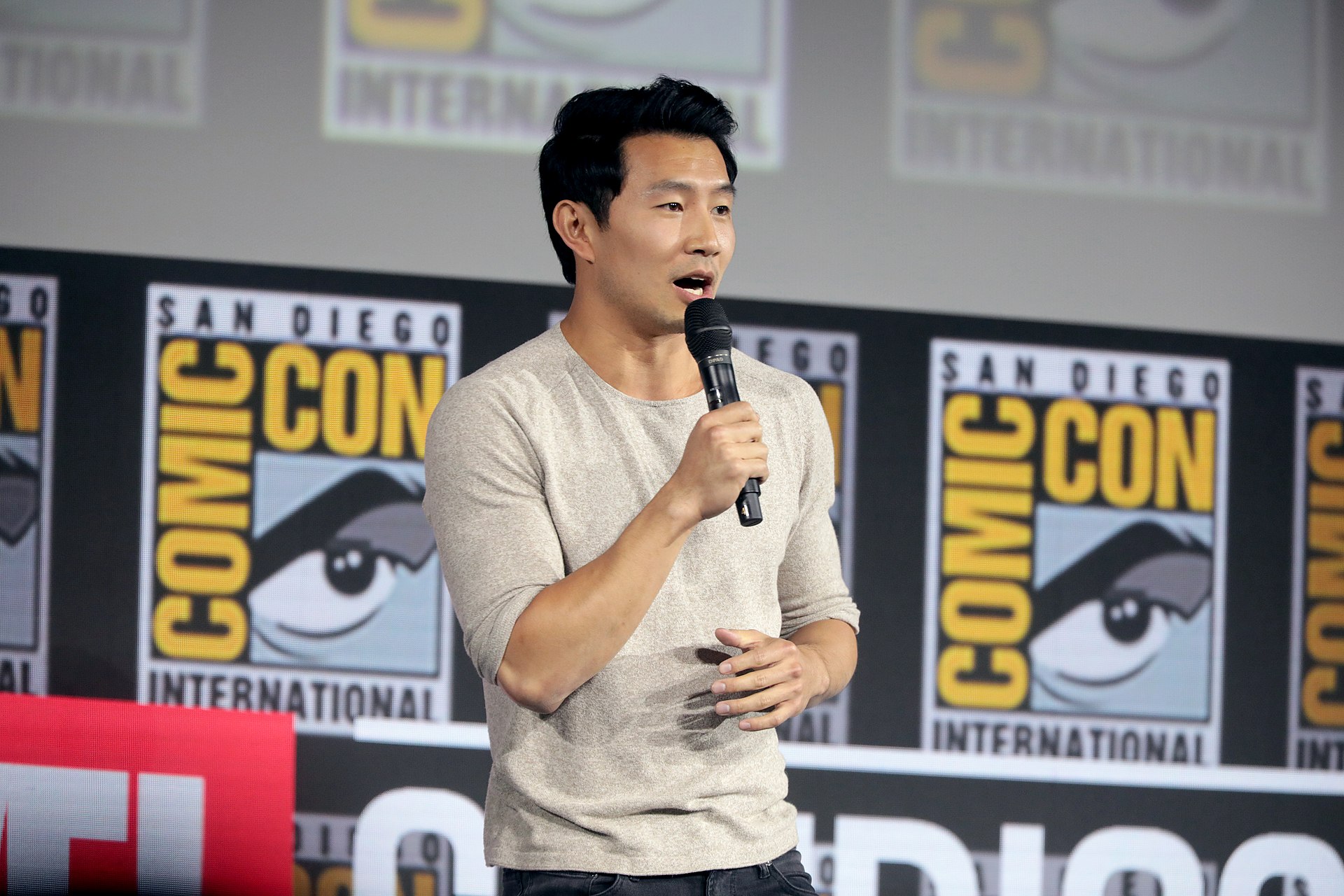What makes someone a superhero? An inspirational origin story? Supernatural ability beyond what is expected? Courage? By every metric, actor Simu Liu is a superhero.
Born in Harbin, China in 1989, Liu immigrated to Ontario at the age of five, where he spent the remainder of his childhood. Raised by immigrant parents, Liu lived frugally and faced immense pressure to succeed academically, an experience shared by many children of immigrant families. In a letter to his parents, Liu describes the animosity he developed toward them in response to the pressure put on him: “We fought often. If I tripped on my laces, I was clumsy. If I scored below an A, I was stupid. If I wanted to hang out with my friends, I was wasting my time. I grew to resent the pressure you put on me, resolving to make your lives as difficult as you were making mine.”
Yearning for his parents’ acceptance, he followed their wishes and attended the Ivey Business School at Western University, earning his finance and accounting degree in 2011. Following college, he worked briefly as an accountant at Deloitte before promptly getting laid off. Ashamed and lost, Liu found himself a role as a minimum wage extra in a Guillermo del Toro movie through Craigslist. He describes himself there as having instantly fallen in love with acting and filmmaking through this experience. From there, Liu jumped around portraying small roles and doing work as a stuntman. He even became a stock photo model — now the basis for countless memes of the actor which followed his rise to stardom.
Liu’s first significant role was as Paul in the Omni Television crime drama series “Blood and Water” (2015). From there, Liu went on to portray the recurring character of “Jung” on CBC’s “Kim’s Convenience” (2016), a wildly popular sitcom following a Korean family living in Toronto. However, what Liu is most known for recently is his lead role as Shang-Chi in “Shang-Chi and the Legend of the Ten Rings” (2021), Marvel’s first Asian superhero in Marvel’s first movie with an Asian-led cast.
Outside of acting, Liu is a vocal activist on Asian-American issues and has been for a long time. Using his social media platforms as an outlet, Liu is known for his constant advocacy against anti-Asian racism and for increased Asian representation in traditional media and entertainment.
“Hey @Marvel, great job with Cpt. America and Thor. Now how about an Asian American hero?” Liu tweeted in 2014. He has brought the Asian-American community under the spotlight not only through his recent work as a talented actor, but through his activism to ensure that his community receives the recognition it deserves.
Like most superheroes, Liu is an inspiration not because of the fame or the wealth that he has accrued, but rather the challenges that he has overcome and the relatability of his story. Just like the color of his skin, his upbringing was different from most actors. He wasn’t rich, was heavily discouraged from pursuing the arts and never went to acting school. Liu felt like he had no say in his future with his parents’ approval being contingent upon his ability to fit a mold. But despite his upbringing, all it took for Liu to accomplish his dreams was losing his job and a leap of faith. If he can do it, anyone can.
From talking about his love for Asian snacks in an interview with GQ to being outspoken on social media to proudly showing off his physique, Liu has redefined for many what it means to be Asian-American. His unconventional path to success helps to dismantle the monolithic preconceptions of what success looks like for Asian-Americans. Consequently, his rise to fame represents one of many steps in the fight to deconstruct the model minority myth and other stereotypes surrounding Asian-Americans. By having a platform to talk about his experience, Liu lends visibility to the narratives of Asian-Americans from all walks of life and allows them to take pride in their differences.
They say “seeing is believing.” When the only superheroes kids see look distinctly different from themselves, they might end up believing that they can’t be superheroes. Superheroes in this case could be athletes, writers, singers and, of course, literal superheroes on the big screen. This fact, along with the pressure that many Asian-American children face to focus on traditional education and pursue reliable and “realistic” career paths, provide possible explanations for their disproportionate representation in American popular media and in the arts — a vicious cycle that builds on itself. The lack of prominent Asian-American public figures catalyzes further increases in the disparity of representation. That’s why the stars and role models that the Asian-American community does have are so important.
As a first-generation Chinese-American freshman at Stanford and a prospective MCS major myself, Liu’s story doesn’t make me want to be an actor. It does, however, give me the confidence to pursue creative interests beyond those that are expected of me and push back against the constraints of social stereotypes. By becoming Marvel’s first Asian-American superhero, Liu has made sure that he won’t be the last.
